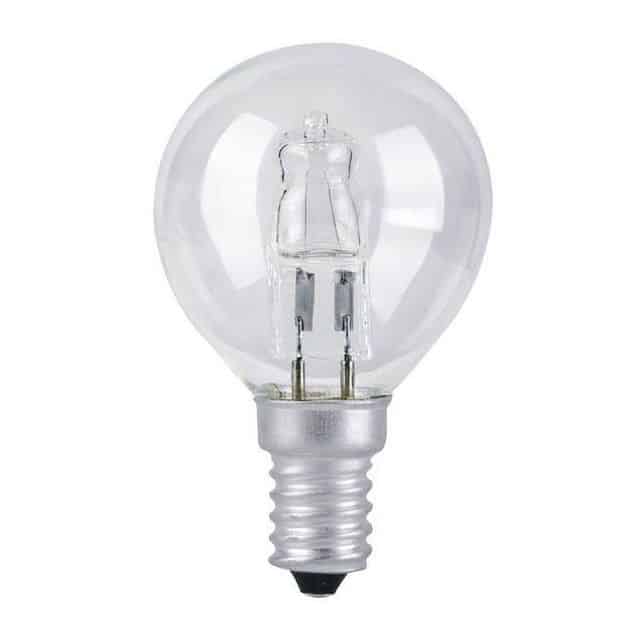Halogen light bulbs will be banned from September 2021 with fluorescent light bulbs to follow, cutting emissions and saving consumers on their energy bills.
- Halogen light bulbs to be banned from this September – with fluorescent light bulbs to follow suit
- shift to LED bulbs will cut 1.26 million tonnes of CO2 – the equivalent of removing over half a million cars from UK roads
- new rules part of tighter energy efficiency standards for electrical appliances as the UK builds back greener, helping save British consumers £75 a year on their energy bills
The government has announced plans today (Wednesday 9 June) to end the sale of halogen light bulbs from this September, as part of the UK’s wider efforts to tackle climate change.
Legislation being brought forward this month will also include the removal of fluorescent lights from shelves from September 2023.
Currently, around 2 thirds of bulbs sold in Britain are LED lights, making a considerable impact in improving the energy efficiency of the country’s buildings. They last 5 times longer than traditional halogen lightbulbs and produce the same amount of light – but use up to 80% less power.
The UK began phasing out the sale of higher-energy halogen lightbulbs in 2018. The new legislation would mean retailers will no longer be able to sell the majority of halogen bulbs for general household use in the UK from 1 September.
To help people make the switch, ministers are also announcing that all light bulbs will start to feature new energy efficiency advice via ‘rescaled’ energy labels on their boxes. The labels will simplify the way energy efficiency is displayed on a new scale from A-G, doing away with the A+, A++ or A+++ ratings. The new labels will raise the bar for each class, meaning very few bulbs will now be classified as A, helping consumers choose the most environmentally friendly bulbs.
This measure is expected to mean that LED light bulbs will account for 85% of all bulbs sold by 2030.
In addition, the government also plans to start phasing out the sale of high-energy fluorescent lightbulbs, with a view to bringing an end to their sale from September 2023.
Taken together, these new rules will mark a significant shift to more energy efficient and longer lasting LEDs and will stop 1.26 million tonnes of carbon being emitted every year – the equivalent of removing over half a million cars from the UK’s roads.
The move is part of a package of energy efficiency improvements to electrical appliances, which will save consumers an average of £75 a year on energy bills.
Energy Minister, Anne-Marie Trevelyan, said:
We’re phasing out old inefficient halogen bulbs for good, so we can move more quickly to longer lasting LED bulbs, meaning less waste and a brighter and cleaner future for the UK.
By helping ensure electrical appliances use less energy but perform just as well, we’re saving households money on their bills and helping tackle climate change.
Today’s plans also include a ban from September on the sale of lighting fixtures with fixed bulbs that can’t be replaced – meaning the fixtures have to be thrown away. Fixtures such as these account for 100,000 tonnes of electrical waste every year – out of a total 1.5 million tonnes of electrical waste each year.
Minister for Climate Change, Lord Martin Callanan, said:
Flicking the off-switch on energy inefficient light bulbs is a simple way that households can save money at the same time as saving the planet.
Phasing out halogen bulbs in favour of LED alternatives that last longer, are just as bright and cheaper to run, is another way that we are helping tackle climate change.
Chief Executive of Signify UK, which owns Philips lighting, Stephen Rouatt, said:
We welcome the UK government’s next step in the transition towards more sustainable lighting products. Using energy-efficient LED equivalents for halogen and fluorescent lighting on an even broader scale will significantly help the UK on its journey to decarbonisation, as well as lowering the annual electricity bills for consumers.






